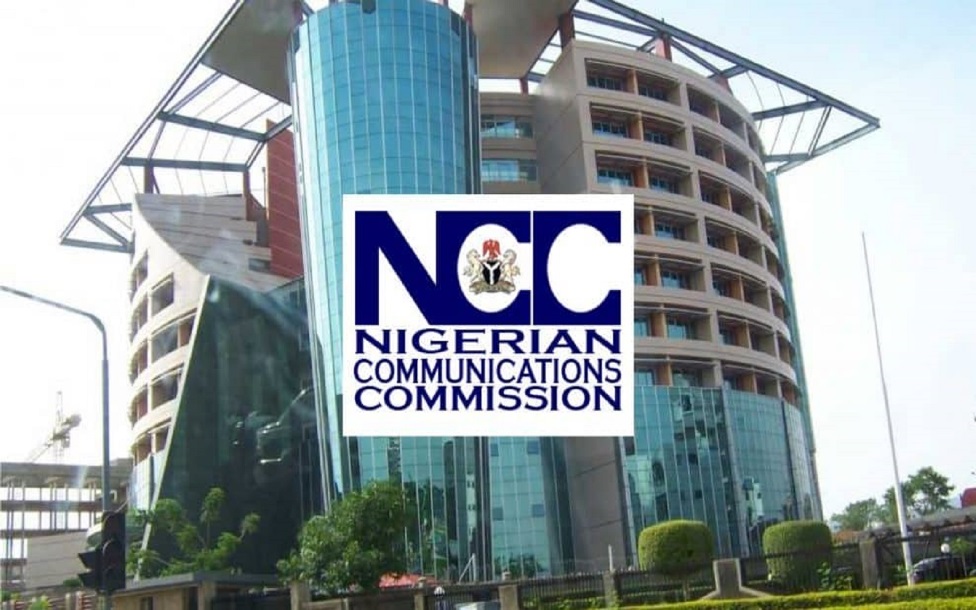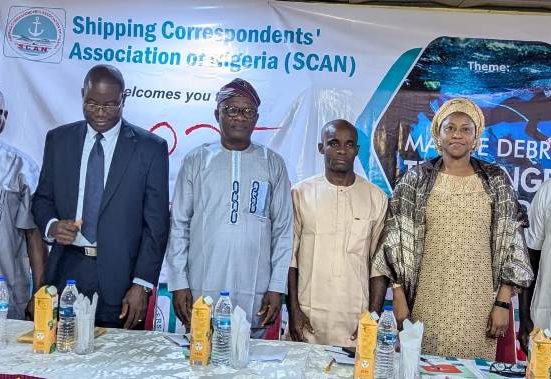The Nigeria Communications Commission (NCC) says it has reduced the number of identified areas of clusters without access to telecommunication services by 53 per cent in 2022.
The Chief Executive Officer of the Nigerian Communication Commission (NCC), Prof. Umar Garba Danbatta, announced this at a recent telecoms industry stakeholders forum in Yenagoa, Bayelsa state.
Danbatta was represented at the forum by Mr Usman Mamman, the Head of Pre-Licensing at the Commission.
He said from 207 clusters of access gaps in 2013, the industry witnessed reduction to 97 at end of 2022.
According to him, NCC achieved this by bridging 110 clusters of access gaps, representing a 53.1 per cent reduction.
By implication, number of Nigerians within the access gap has reduced from 37 million in 2013 to 27 million.
This is following increased access to telecom services by those hitherto not digitally included.
Access gaps refer to the cluster of communities or grouped areas in Nigeria, that are bereft of access to telecom services.
“To date, the NCC has reduced clusters of access gap by more than half.
“We have ensured to bring telecom services to people living in rural, unserved and underserved areas of this country.
“This impacted 37 million people, courtesy of the consultancy conducted in 2013.
Read Related News:
Telecom sector contributes N2.51tr to Nigeria’s GDP
FG inaugurates 10 NIPOST operational vehicles
NCC is committed to digital job creation – Danbatta
““By 2019, we had reduced the clusters of access gaps to 114 through the deployment of the necessary infrastructure.
“The deployment of infrastructure is in terms of base transceiver stations, which resulted in the reduction of Nigerians in those clusters from 37 million to 31 million in 2019.
“By 2022, we have reduced the clusters of access gaps to 97 from 207 in 2013.
“The number of Nigerians again has come down from 37 million in 2013 to 27 million as we speak.
“We achieved this by deploying, from 2009 to 2011, a total of 79 new base transceiver stations,” Danbatta said.
According to him, between 2013 and 2018, the telecom sector witnessed the deployment of additional 124 base transceiver stations.
From 2019 to 2022, NCC deployed additional 364 base transceiver stations.
Meanwhile, the NCC boss said the Commission is working hard to bridge the remaining 97 access across the country.
To this end, he said NCC will provide ubiquitous connectivity in all the nooks and crannies of Nigeria.
As part of the regulatory interventions, Danbatta said the commission is issuing Mobile Virtual Network Operator (MVNO) Licences and deploying Fifth Generation (5G) networks among others.
Do you have a flair for Citizenship Journalism? Share story(ies) of happenings in your area with The NewsZenith on WhatsApp: 08033668669 or thenewszenith@gmail.com








2 Comments